Discover The Daily Poem
The Daily Poem

The Daily Poem
Author: Goldberry Studios
Subscribed: 1,549Played: 117,219Subscribe
Share
© Goldberry Books LLC
Description
The Daily Poem offers one essential poem each weekday morning. From Shakespeare and John Donne to Robert Frost and Emily Dickinson, The Daily Poem curates a broad and generous audio anthology of the best poetry ever written, read-aloud by David Kern and an assortment of various contributors. Some lite commentary is included and the shorter poems are often read twice, as time permits.
The Daily Poem is presented by Goldberry Studios.
dailypoempod.substack.com
The Daily Poem is presented by Goldberry Studios.
dailypoempod.substack.com
1112 Episodes
Reverse
Today’s poem may be one of the most poem-y poems Nash ever wrote. Happy reading. This is a public episode. If you'd like to discuss this with other subscribers or get access to bonus episodes, visit dailypoempod.substack.com/subscribe
In today’s poem Berry draws King Lear into his sabbath reflections. Happy reading. This is a public episode. If you'd like to discuss this with other subscribers or get access to bonus episodes, visit dailypoempod.substack.com/subscribe
Today’s poem typifies the earthy clarity that Welsh poet R. S. Thomas perfected in his verse. Happy reading. This is a public episode. If you'd like to discuss this with other subscribers or get access to bonus episodes, visit dailypoempod.substack.com/subscribe
Today’s poem traveled across many years and iterations to finally end up on the tongue of Samwise Gamgee in The Fellowship of the Ring. Happy reading! This is a public episode. If you'd like to discuss this with other subscribers or get access to bonus episodes, visit dailypoempod.substack.com/subscribe
Today’s poem is both metrical marvel and moving memorial. Happy reading. This is a public episode. If you'd like to discuss this with other subscribers or get access to bonus episodes, visit dailypoempod.substack.com/subscribe
Today’s poem is a classical example of Frost’s virtuosity in crafting solid figures–here trees, climbing, etc.–that stubbornly defy allegorizing, but that simultaneously seem effortlessly to point beyond themselves. Happy reading. This is a public episode. If you'd like to discuss this with other subscribers or get access to bonus episodes, visit dailypoempod.substack.com/subscribe
Today’s poem couples a vanished past with a timeless present. Happy reading. This is a public episode. If you'd like to discuss this with other subscribers or get access to bonus episodes, visit dailypoempod.substack.com/subscribe
My old knee injury usually alerts me to changes in the weather, but in today’s poem Kooser offers a litany of other indicators. Happy reading. This is a public episode. If you'd like to discuss this with other subscribers or get access to bonus episodes, visit dailypoempod.substack.com/subscribe
Today’s poem is a tribute to the seasonal liftings-of-the-veil that reveal to us the beauty undergirding the world. Happy reading. This is a public episode. If you'd like to discuss this with other subscribers or get access to bonus episodes, visit dailypoempod.substack.com/subscribe
In today’s poem: the dignity of old age, and Charles Dodgson as the Victorian Weird Al. Happy reading. This is a public episode. If you'd like to discuss this with other subscribers or get access to bonus episodes, visit dailypoempod.substack.com/subscribe
John Donne muses on the ineffability of a chaste love and devises a brilliant (or, at any rate, novel) scheme for reuniting with his loved one in the next life. Happy reading. This is a public episode. If you'd like to discuss this with other subscribers or get access to bonus episodes, visit dailypoempod.substack.com/subscribe
Tolkien was no believer in the power of geo-political solutions to better the state of man, convinced that his duty was to fight “the long defeat” while awaiting God’s miraculous and unlooked-for deliverance–eucatastrophe. Though he would not publish the Lord of the Rings for another twenty years, this 1931 poem shows much of that thinking was already well-formed. Happy reading. This is a public episode. If you'd like to discuss this with other subscribers or get access to bonus episodes, visit dailypoempod.substack.com/subscribe
Emerson spent a lot of time observing the natural world. In today’s poem, he couples that pastime with an art form that specializes in human nature. Happy reading. This is a public episode. If you'd like to discuss this with other subscribers or get access to bonus episodes, visit dailypoempod.substack.com/subscribe
In today’s poem, a young Geoffrey Hill is looking for a story to believe in. Happy reading.Known as one of the greatest poets of his generation writing in English, and one of the most important poets of the 20th century, Geoffrey Hill lived a life dedicated to poetry and scholarship, morality and faith. He was born in 1932 in Worcestershire, England to a working-class family. He attended Oxford University, where his work was first published by the U.S. poet Donald Hall. These poems later collected in For the Unfallen: Poems 1952-1958 marked an astonishing debut. In dense poems of gnarled syntax and astonishing rhetorical power, Hill planted the seeds of style and concern that he cultivated over his long career. Hill’s work is noted for its seriousness, its high moral tone, extreme allusiveness and dedication to history, theology, and philosophy.-bio via Poetry Foundation (read the full biography here) This is a public episode. If you'd like to discuss this with other subscribers or get access to bonus episodes, visit dailypoempod.substack.com/subscribe
In today’s poem, Shakespeare puts the theatre in political theater via a candid moment with the future King Henry V in Henry IV pt. 1, Act 1, Scene 2. Happy reading! This is a public episode. If you'd like to discuss this with other subscribers or get access to bonus episodes, visit dailypoempod.substack.com/subscribe
Today’s poem is a short meditation on grief made enduringly-famous after Orlando Gibbons set it to music. You can hear an arrangement of that piece here. Happy reading. This is a public episode. If you'd like to discuss this with other subscribers or get access to bonus episodes, visit dailypoempod.substack.com/subscribe
Today’s poem goes out to 6-year-od girls and their dads. Happy reading! This is a public episode. If you'd like to discuss this with other subscribers or get access to bonus episodes, visit dailypoempod.substack.com/subscribe
In today’s poem, a young Tennyson begins the long wrestling with grief. This is a public episode. If you'd like to discuss this with other subscribers or get access to bonus episodes, visit dailypoempod.substack.com/subscribe
Today’s poem may or may not be based on actual events. Happy reading! This is a public episode. If you'd like to discuss this with other subscribers or get access to bonus episodes, visit dailypoempod.substack.com/subscribe
In the latter years of his career and life, Donald Hall became something of an expert on growing old (his essay collections Essays After Eighty and A Carnival of Losses: Notes Nearing Ninety are a breathtaking dissertation on the subject), and in today’s poem we get a glimpse of his early apprenticeship in the art. Happy reading. This is a public episode. If you'd like to discuss this with other subscribers or get access to bonus episodes, visit dailypoempod.substack.com/subscribe



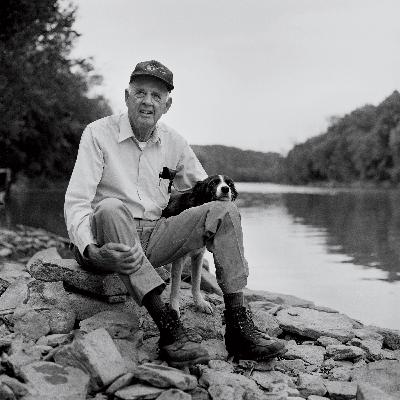
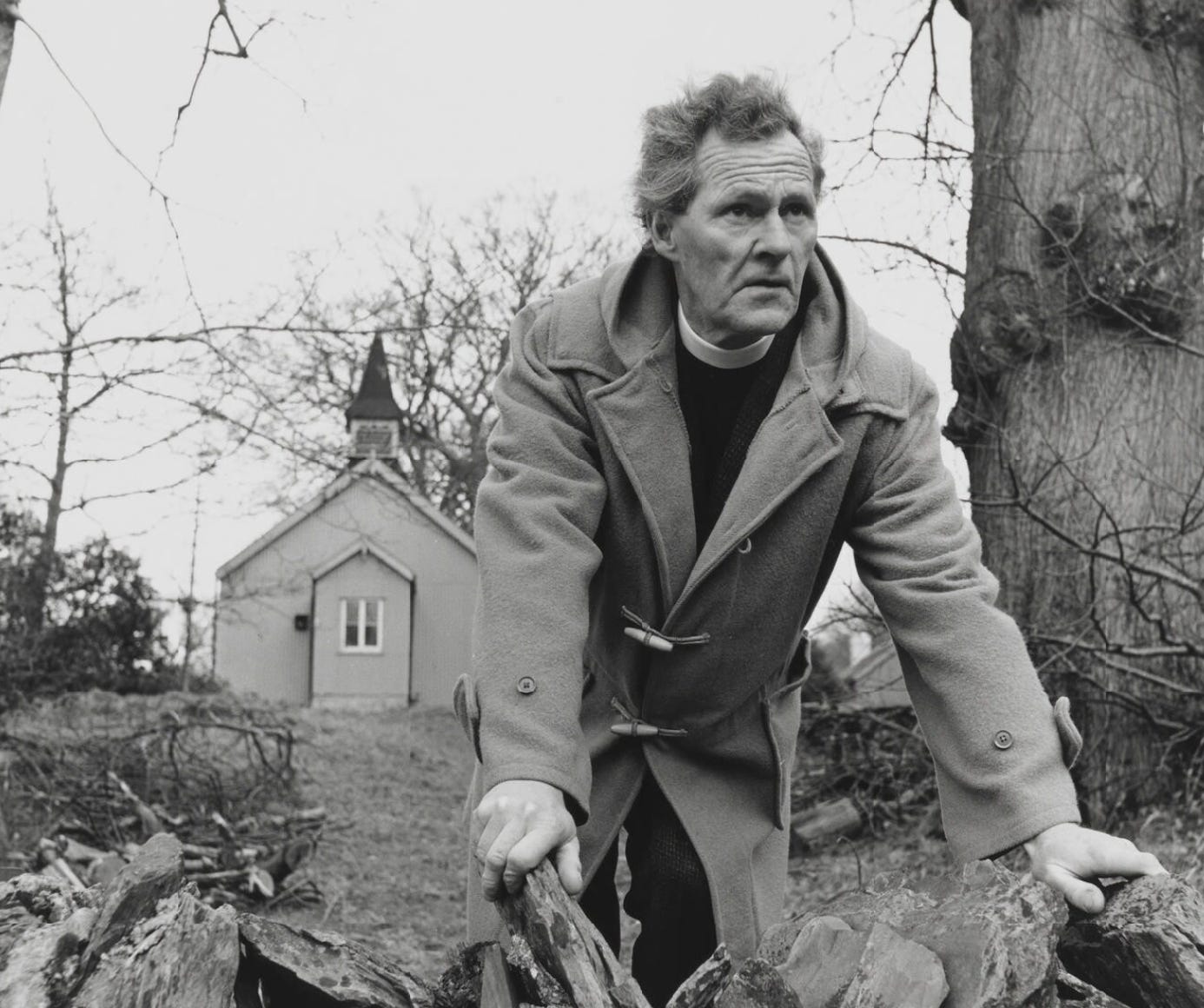

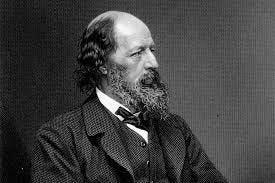
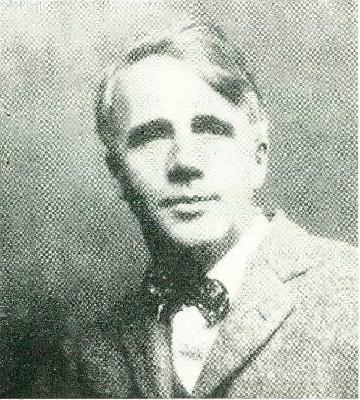
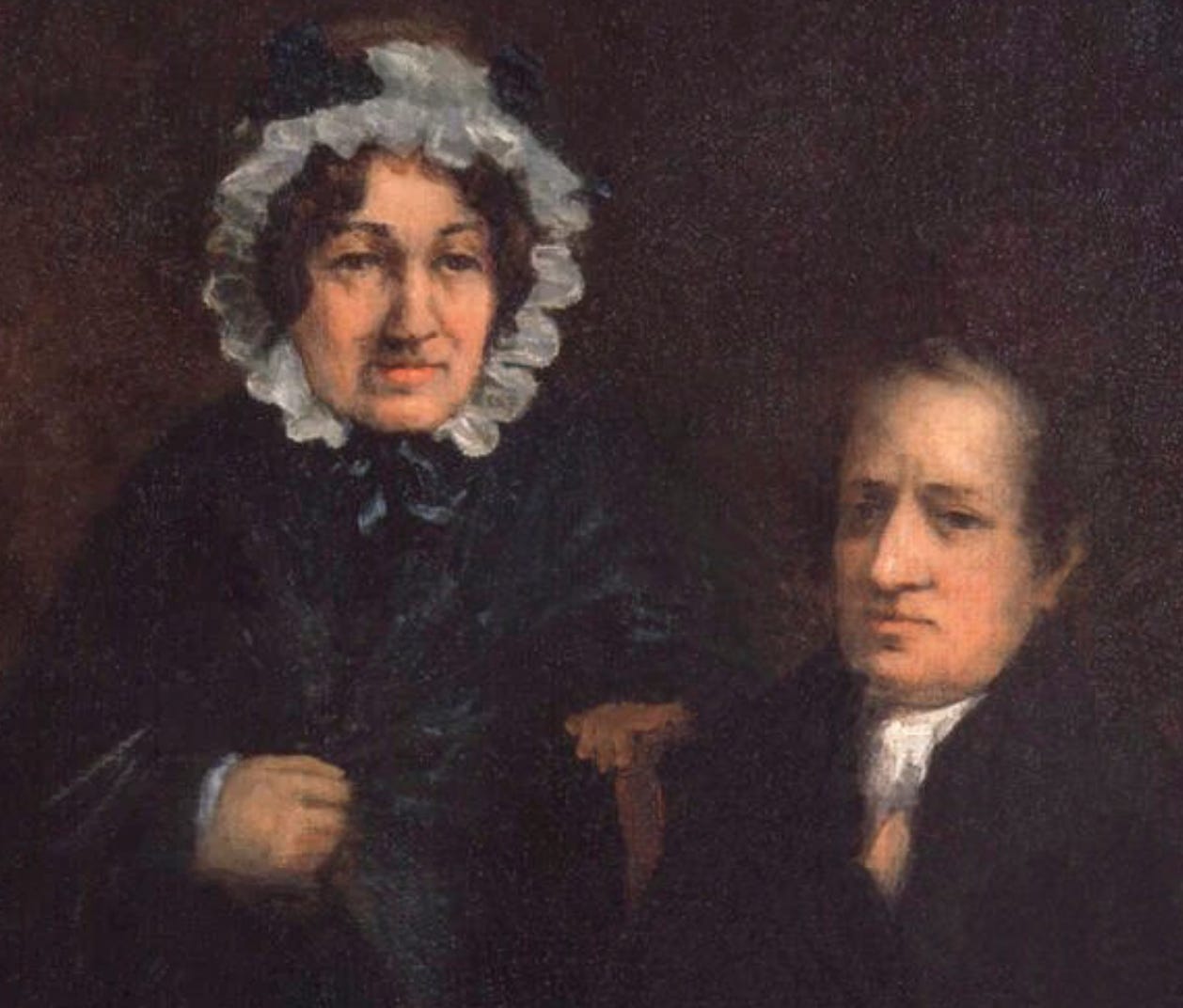
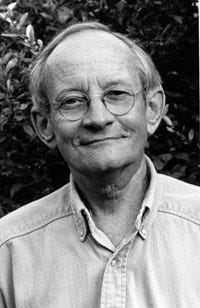

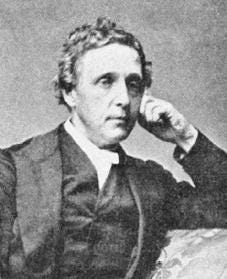

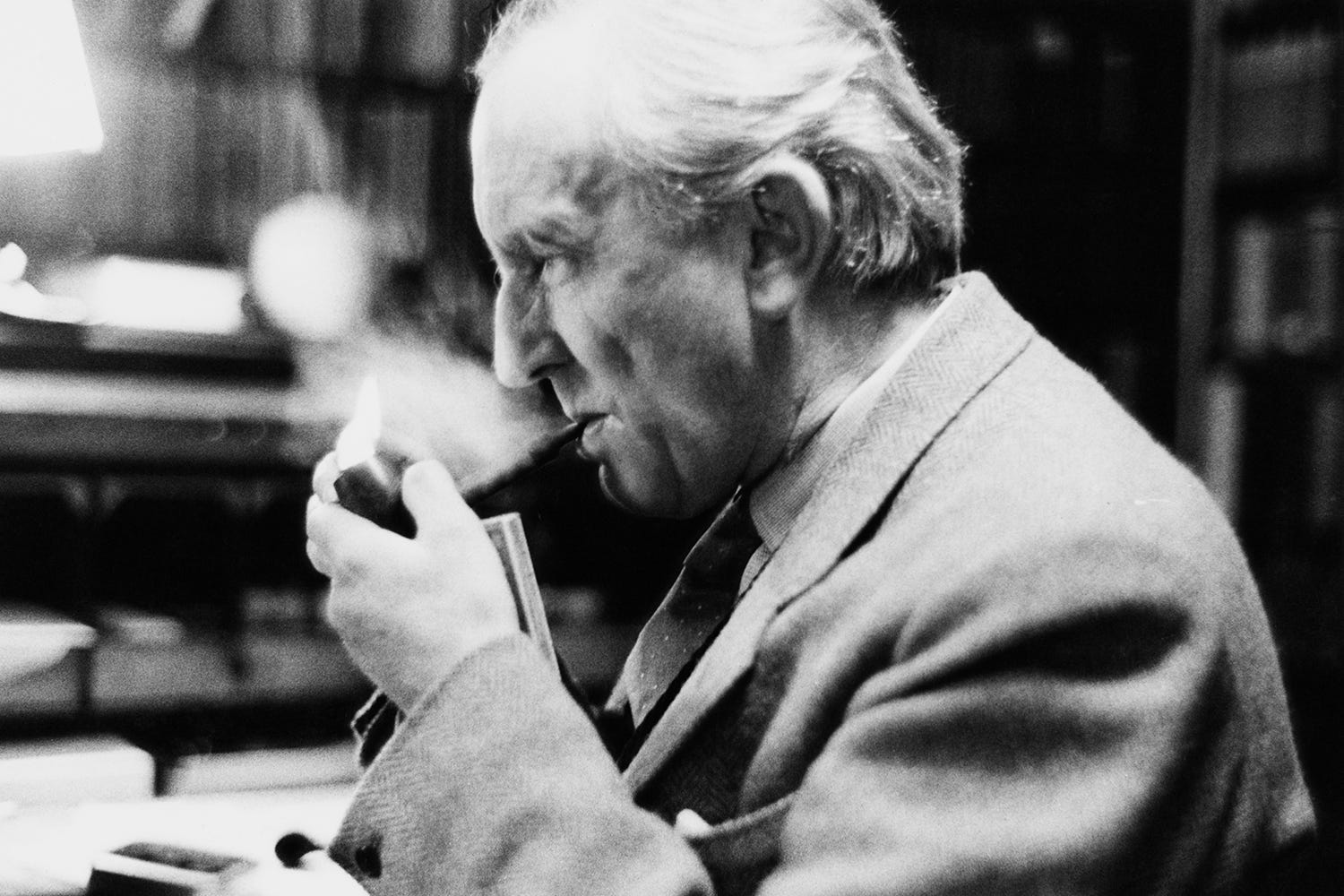
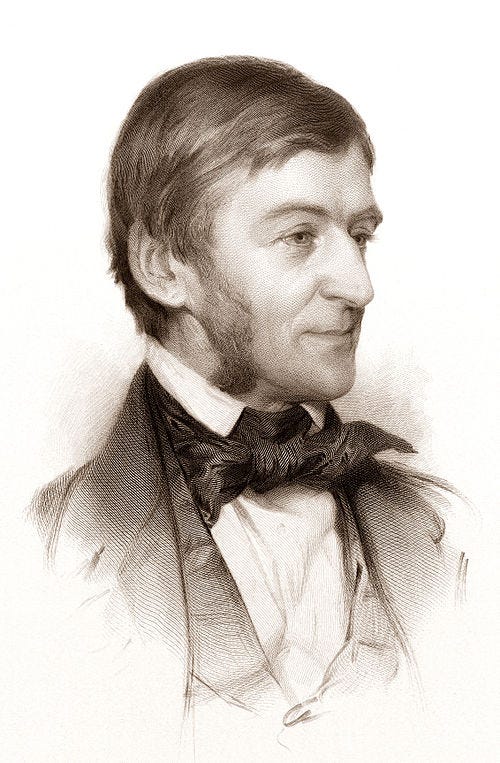
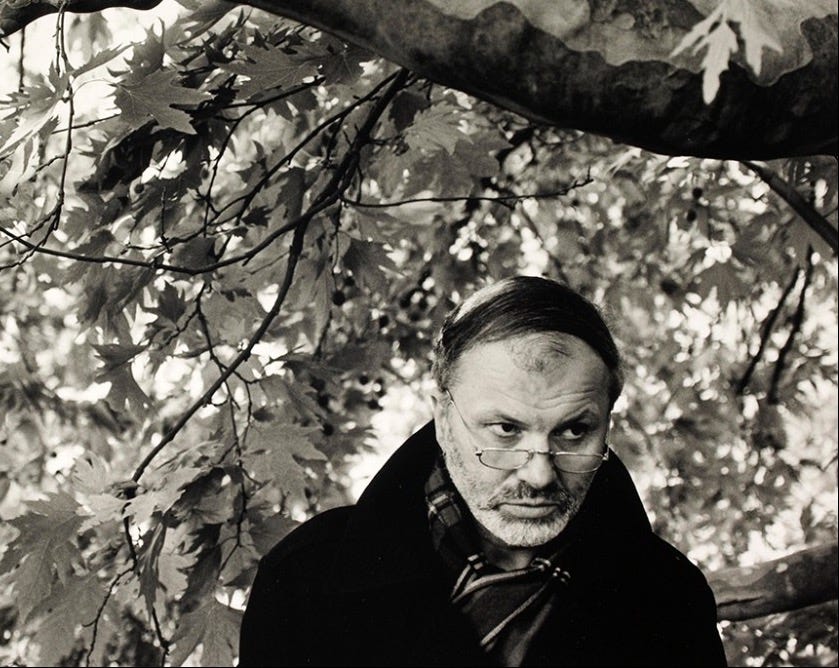
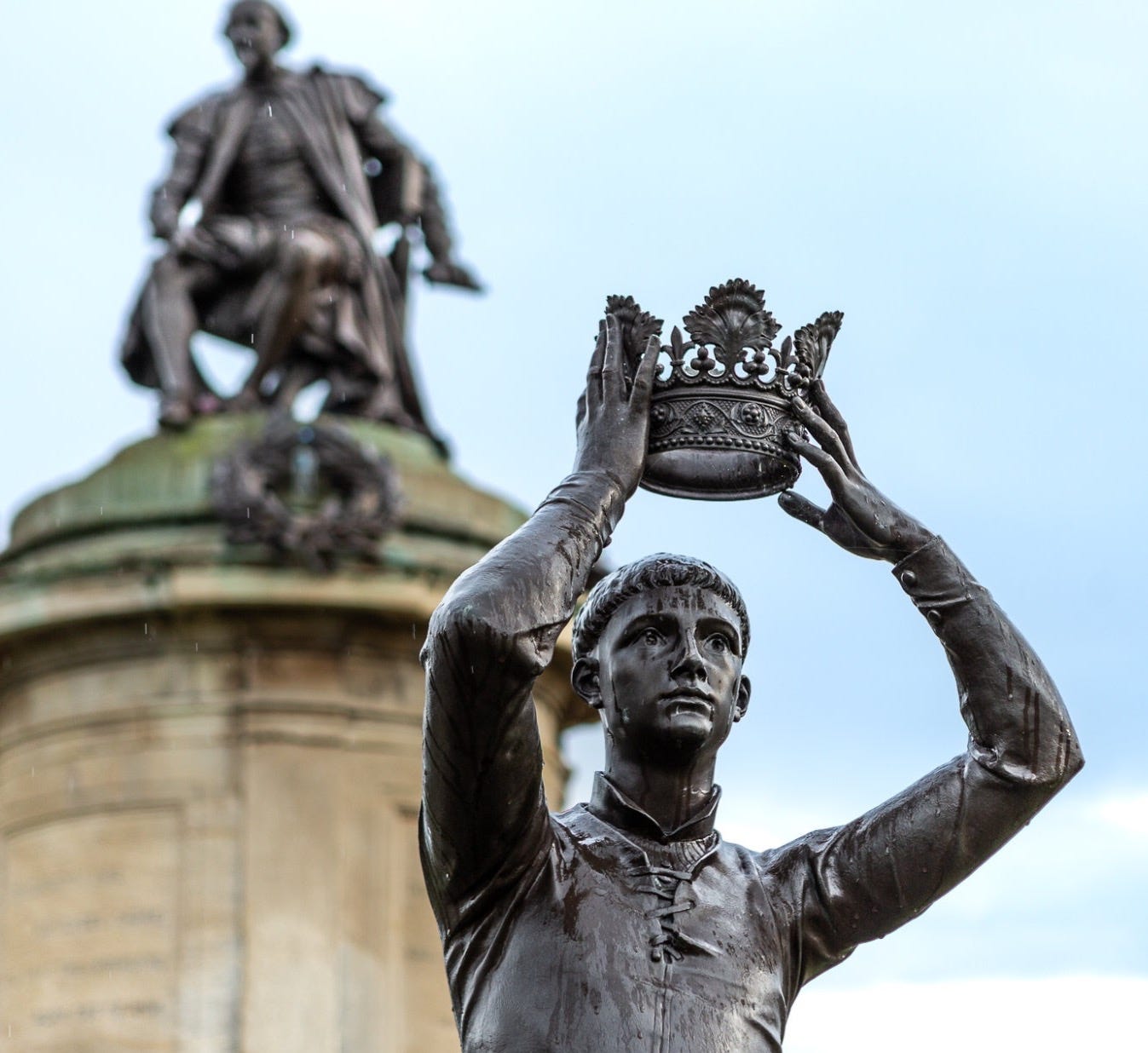

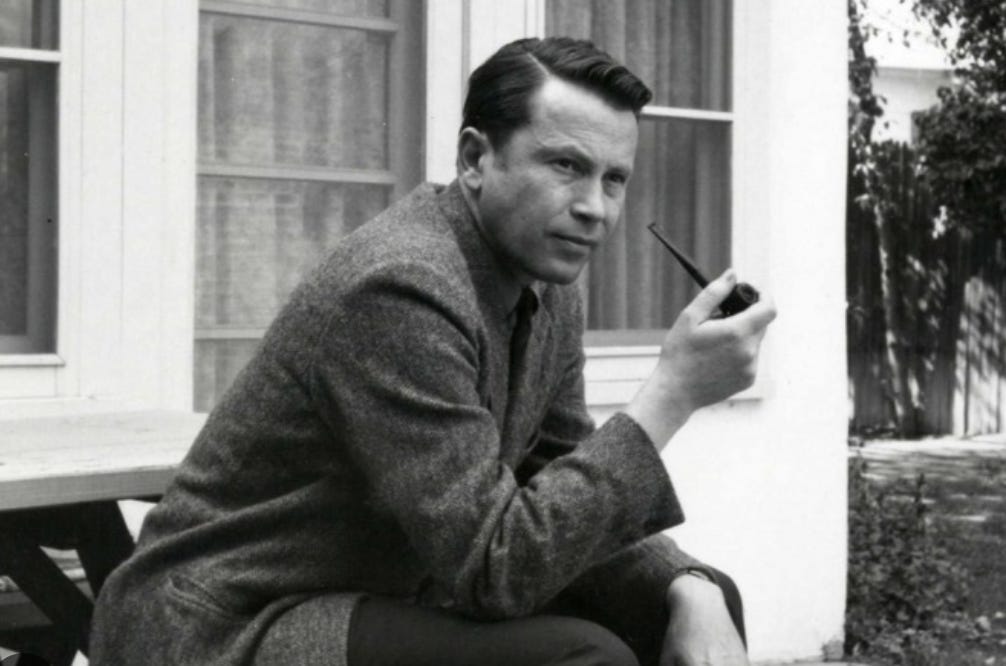
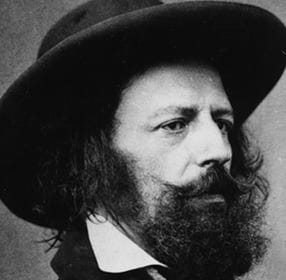

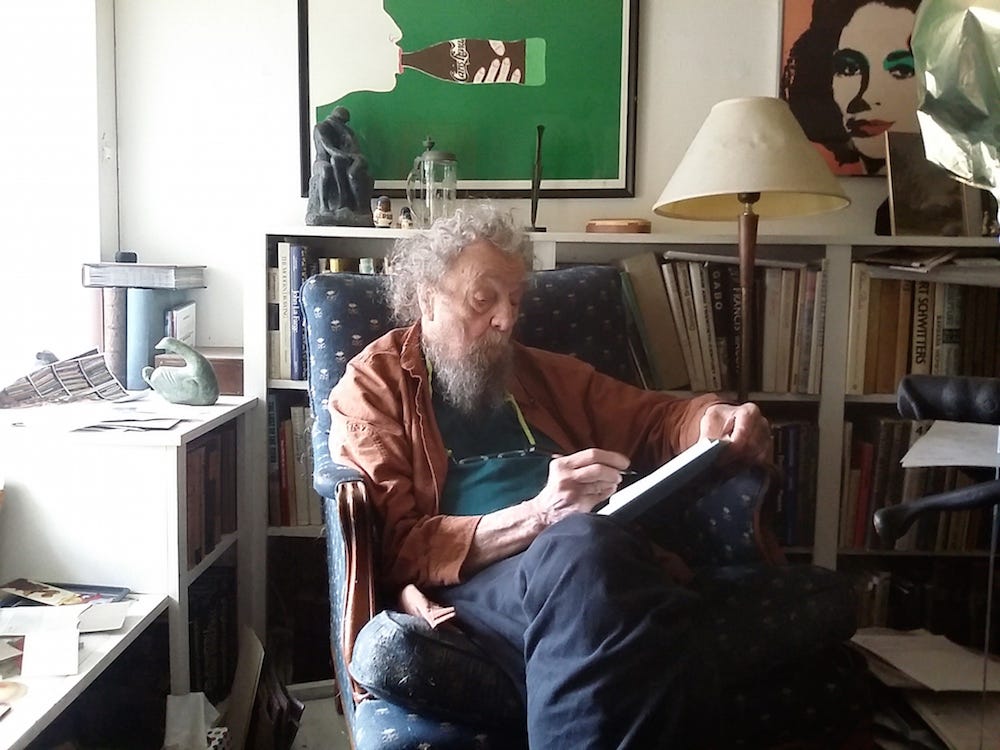



My children's favorite!
the perfect autumn poem!
I'd say I love this poem, but considering how much I have gotten from it, more correctly, perhaps, I should say "like."
Be not ashamed, most excellent Falstaff; Your ruffians must needs fight o'er each morsel. Though march'd formation may be but a gaffe, They 're season'd in battle unconventional.
Wow! I really enjoyed this one. Thank you!
Martha Redbone's album "The Garden of Love" put 12 poems of William Blake's to music in her mix of appelacian/native american/afro-american style. Great album. The music really fits the words.
Martha Redbone put this poem and other poems of Blake to music including this poem
So glad you're back.
great poem and commemtary. We are all more fundamentalist than we carece to acknowledge
Midwest represent!
This poem really struck home. So needed in these divisive times where we think we can fix our world by cutting out the parts we don't like
Would you please read lili reinheart's poems in another podcast too ?
@tonymdonca, here's where "what the hammer?!" comes from 😁
Thank you
A beautiful and care-ful poem about, I think, the delicate and disciplined work of gratitude.
❤
Martha Redbone put twelve of Blake's poems to music in her album "The Garden of Love". it's amazing how well they fit into a folk genre
Good to have you back. These are challenging times. What better time for poetry? Actually the sound quality was pretty good and the wind in the trees a nice touch. But isn't that what art should be: there for us where we are?
where you gone, can't get through quarantine without this, please come back thanks fren
already done this one, remember? think it was in the first five or so eps lol